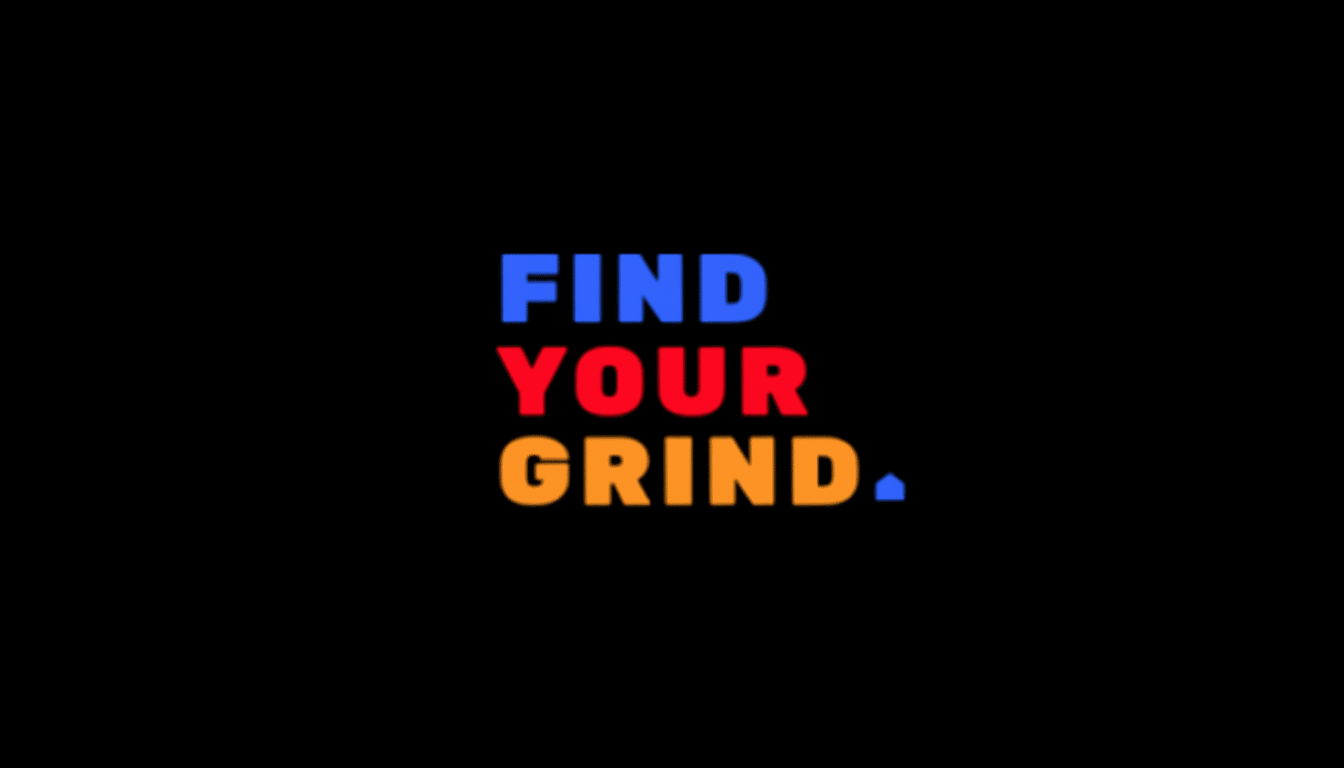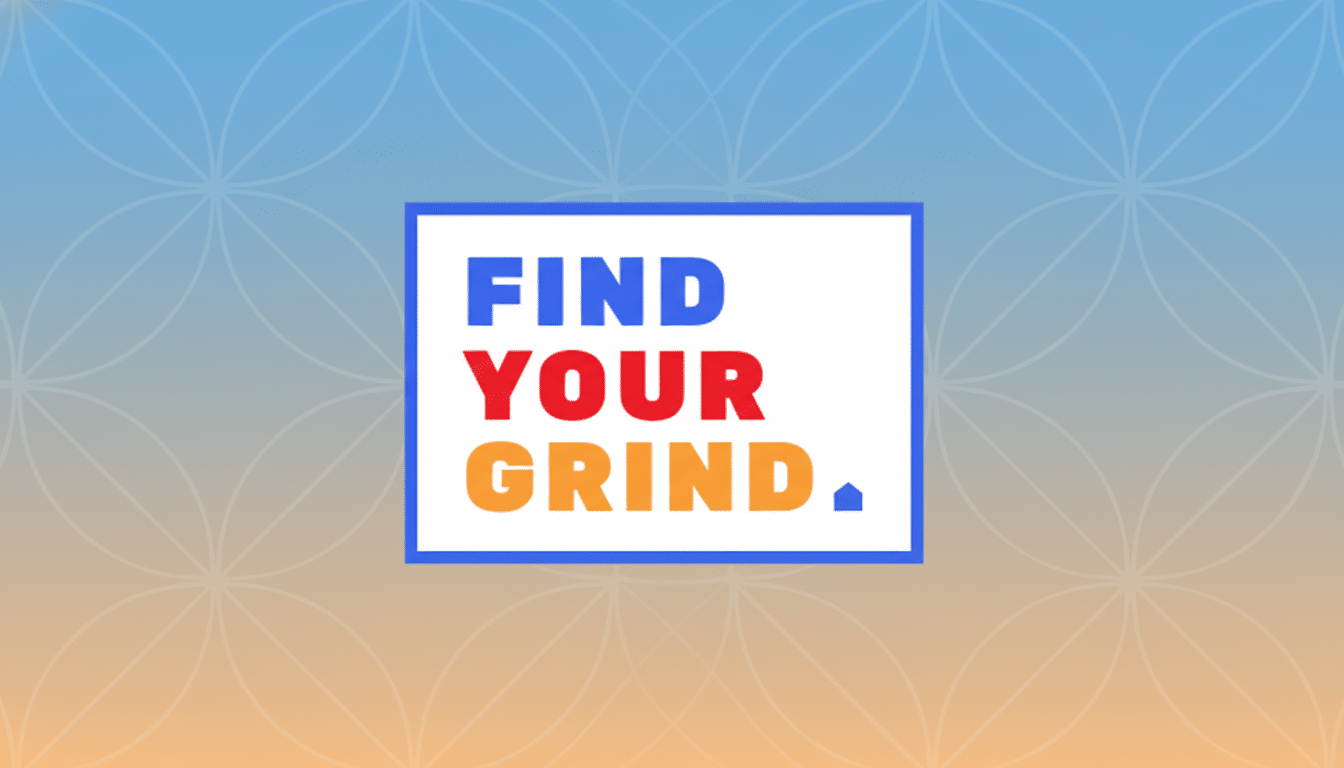Find Your Grind has raised another $5 million to expand its lifestyle-first career exploration platform for students, doubling down on a model that treats nontraditional routes as first-class options alongside the college-bound path.
Echo Investment Capital led the round with follow-on investments from Gross Labs, bringing the company’s total funding to $8M and positioning it to expand district partnerships and its workforce programs in every U.S. state.

Investment to Scale Lifestyle-First Career Readiness
The additional capital will help the company expand its “career readiness” footprint in K–12 and local workforce ecosystems, focusing on areas that are looking for new ways to connect students with emerging jobs, the company reports. Beyond software licenses, Find Your Grind is investing in on-the-ground programs—things like lifestyle fairs and working with local employers—that aim to translate that exploration into concrete opportunity.
One pilot in Oklahoma City illustrates the approach: schools and training providers co-host experiences that allow students to map interests and values — say, mastery of statistics or desire to work with animals — onto concrete jobs available right in their community. Other districts are expected to adopt similar programs in more cities as they look for proof that exploration tools result in enrollments in pathways, internships, apprenticeships or first jobs.
Inside the platform: features for student career discovery
Find Your Grind mixes student self-discovery with 21st-century career exposure — content creation, social media strategy, esports, creative production – things that you’d never see in a traditional counseling playbook. The experience focuses on four skill areas: deep self-knowledge, career awareness, social context and action planning. Lifestyle Assessment lifts the veil on the probable pathways (e.g., creator, performer, humanitarian) and translates those insights into customized next steps after college.
Students get short-form video, interactive lessons and a network of mentors sharing real early-career experiences. Top mentors are the likes of Tony Hawk, Tony Hoffman and will.i.am’s presence that attempts to show how bizarre careers actually get started. An AI-based Reflective Coach encourages students to expand upon their work, nudging them toward more specific goals while providing educators with dashboards that can track engagement and progress at the class, school and district level.
So far, the company says it has helped over 100,000 students. The next goal is ambitious: scaling to over a million students, as districts increasingly focus on personalized planning and clearer connections between coursework and career prospects.
Why alternative pathways matter for student career choices
Career navigation is changing as fast as the job market. The World Economic Forum’s latest Future of Jobs analysis anticipates significant churn by mid-decade, with tens of millions of jobs created and displaced as AI and automation become widespread. That volatility heightens the stakes for exploration tools that enable students to test drive interests early, to acquire transferable skills and to comprehend what lifestyles different careers actually enable.

Meanwhile, the pipeline into traditional four-year programs is less predictable than it was a decade ago. As the report goes on to note, the rate of immediate college enrollment has varied in recent years, encouraging schools to invest in career-connected learning that provides students with multiple, credible options — certificates and apprenticeships and two-year programs and entrepreneurship and direct-to-work paths right alongside bachelor’s degrees.
The pitch of Find Your Grind is that relevance promotes readiness: when students connect their identity and values with real job possibilities — in health care, renewable energy, advanced manufacturing or the creator economy — they are more likely to stick around, create portfolios of projects and go after aligned credentials.
Go-to-market strategy and differentiation in a crowded field
The company sells mainly to school districts and workforce organizations, a market that incumbents like Naviance, Xello, YouScience and Pathful have long served. Find Your Grind has a lifestyle-first model and culture mentor network along with a media-rich library catering to Gen Zers, which distinguishes it from competitors. The AI coach is designed to get higher-quality reflection and diminish advising bottlenecks—something that matters in districts where counselor caseloads are often above recommended levels.
Administrators are asking for more than interest surveys; they want to see where students have made measurable movement: pathway selections, work-based learning placements, credentials earned and postsecondary intent. The company says its analytics are designed to surface those indicators so leaders can communicate about that progress in relation to district career readiness goals and state accountability requirements.
What comes next for Find Your Grind after new funding
New funding in hand, Find Your Grind plans more local partnerships, more mentors from sectors that are growing fastest and an increasing array of content tied to in-demand skills based on work by entities such as the U.S. Bureau of Labor Statistics and regional workforce boards. Look for tighter integrations with their district’s systems and guardrails around the use of AI — transparency, bias checks and educator controls are among the main sticking points as schools scrutinize student data practices.
The larger bet is clear: Career readiness will resemble less a one-time test and more a personalized, continuous journey. If Find Your Grind can convert lifestyle discovery into real opportunities at scale, it might be a way for districts to bridge the gap between aspiration and access — especially for students whose strengths and ambitions reside outside of the typical list of careers featured on that classroom poster.

